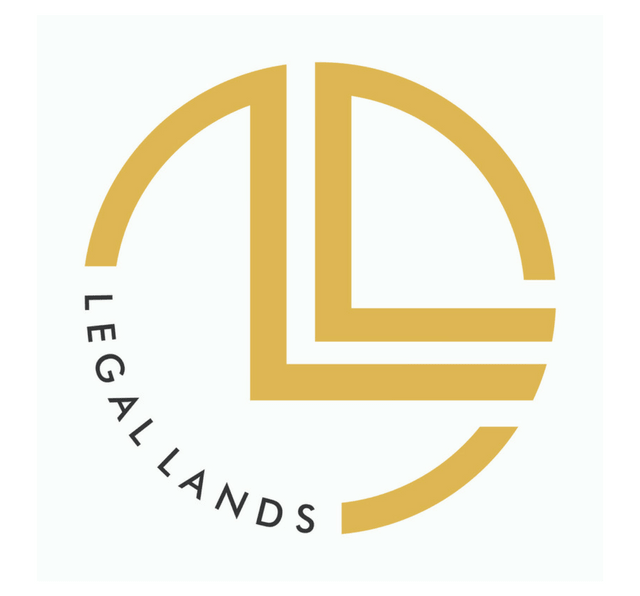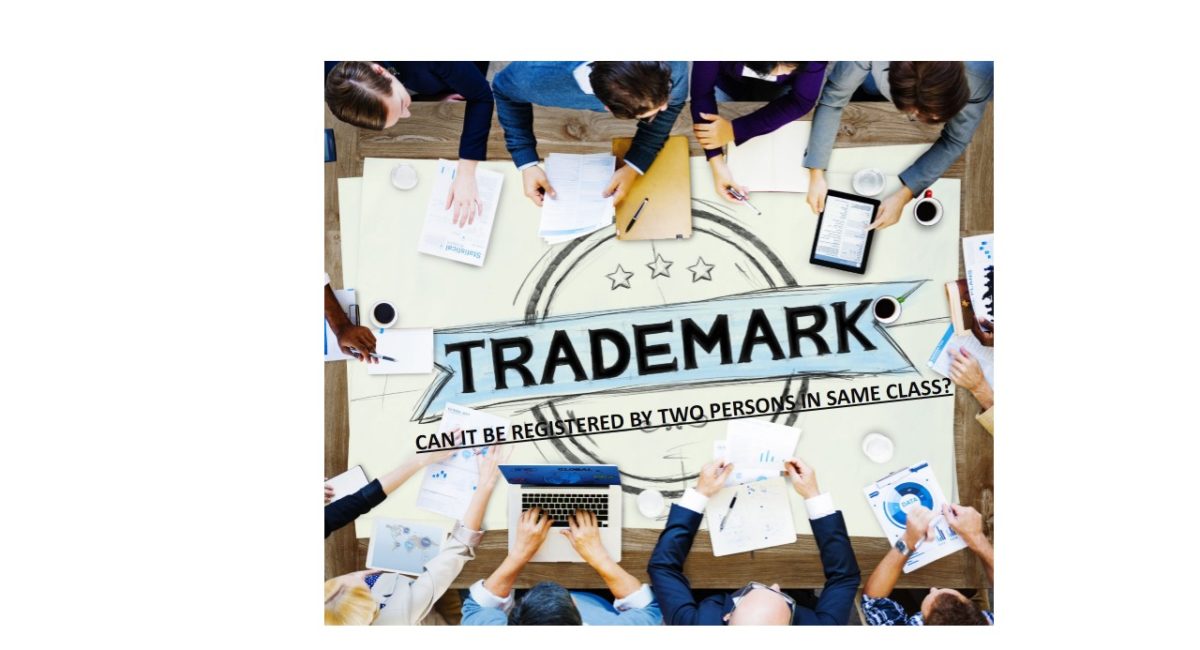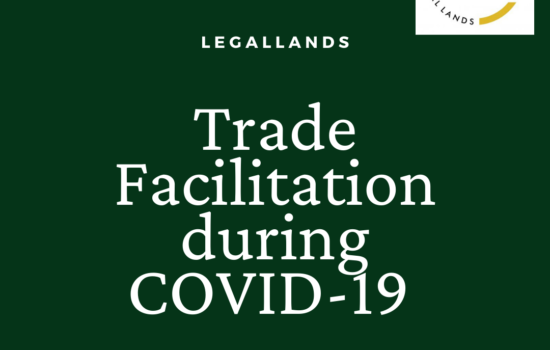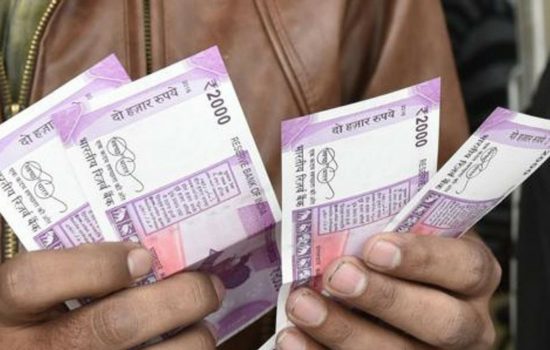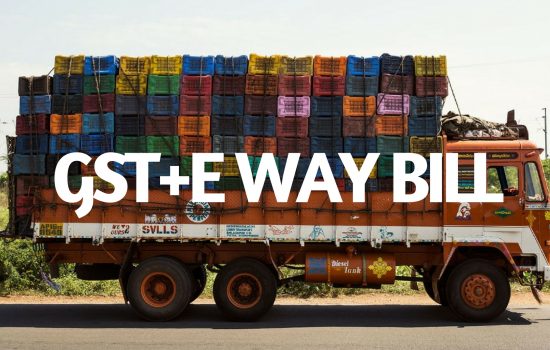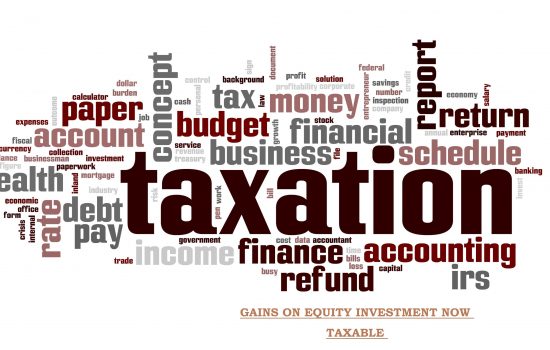INTRODUCTION
A Trademark is an important asset to every person’s success and growth which is used to identify the person’s products or services and provides a distinctive identification.
A Trademark is defined under section 2(1)(zb) of the Trademarks Act, 1999 as a mark capable of being represented graphically and which is capable of distinguishing the goods or services of one person from those of others and may include shape of goods, their packaging and combination of colours.
Trademarks are governed by the Trademarks Act, 1999 and Rules which are in conformity with the TRIPs Agreement, Paris convention and the Madrid Protocol.
A Trademark can be used without registering it and in case of infringement the appropriate remedy is only in common law however, a much better protection can be provided if a trademark is registered under the Trademarks Act, 1999, which provides for an effective statutory remedy in case of infringement.
India is a member to the Madrid Protocol which allows international protection of trademarks in contracting states to the Madrid Protocol. However, for such international recognition an application to that effect has to be made to the Indian Trademark office.
In case of registration of trademarks in India the procedure which used to be quite cumbersome has been changed and now application can be made online which has made the process quite expeditious and user-friendly.
However, the procedure for finally getting a trademark is not a straight jacket as sometimes problems arise.
What happens if application for registering same mark is presented?
Firstly, the trademark shall not be confusing, obscene or lacking distinctiveness as per Section 9 of the Trademarks Act which enlists the absolute grounds for registration.
Secondly, the trademark shall not be deceptively similar to any other earlier registered or well-known trademark or creates likelihood for confusion as per Section 11 of the Trademarks Act.
However, in case an application for registering a same mark is made, then it can be registered in a different class; however, in case the same mark is registered in the same class by two different proprietors, the proprietor can register same marks in same class but for different goods. The Supreme Court in Nandhini Deluxe v/s Karnataka Coop. Milk Producers Fed.
Limited, with Ors[1] held that even if a mark is registered and used by a proprietor for one set of goods in one class the proprietor cannot exercise monopoly on all goods/services in that class, a third party with a similar mark can obtain registration in the same class but for different goods. However, if registration of same marks is obtained for the same goods in a class then the court rules in favour of the party who is conclusively prove prior use of the trademark even if the other party has registered the trademark before the other. The same had been ruled by the Delhi High Court in M/s R. J. Components and Shafts vs. M/s Deepak Industries Limited[2]. Also the Supreme Court of India in Neon Laboratories Ltd vs Medical Technologies Ltd. & Ors,[3]held that a registered proprietor of a trademark does not possess the right to prevent use by another party of an identical mark if that use commenced prior to the use of the registered mark.
[1]https://www.supremecourtofindia.nic.in/supremecourt/2015/18014/18014_2015_Judgement_26-Jul-2018.pdf
[2]http://lobis.nic.in/ddir/dhc/SPG/judgement/23-10-2017/SPG17102017S9002002.pdf
[3]Civil Appeal No. 1018 of 2006
Our Corporate Professional Team is ever willing to provide assistance on any issue concerning GST, Insolvency and Bankruptcy Law, Business Model Advisory in India and Abroad, Customs Law, Corporate & Commercial Advisory, IPRs. Secretarial Compliance, Agreement Drafting & Negotiations etc. you may write us on connect@lawyer.legallands.com,
Best Regards,
Corporate Professional Team
